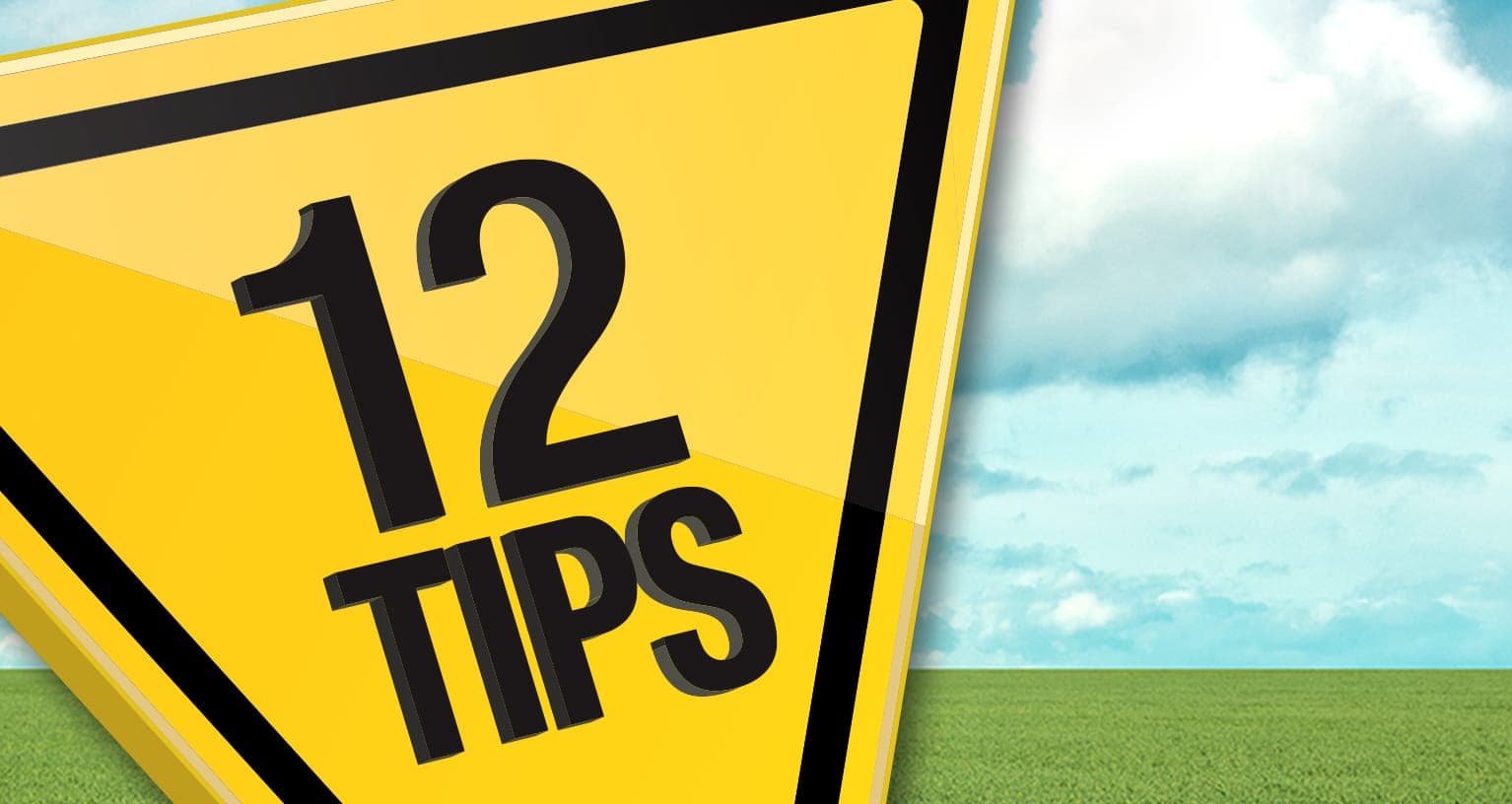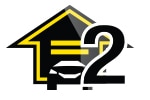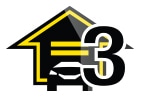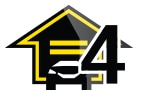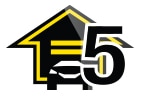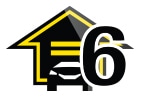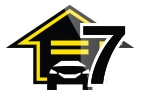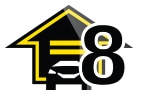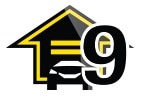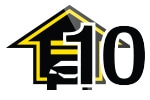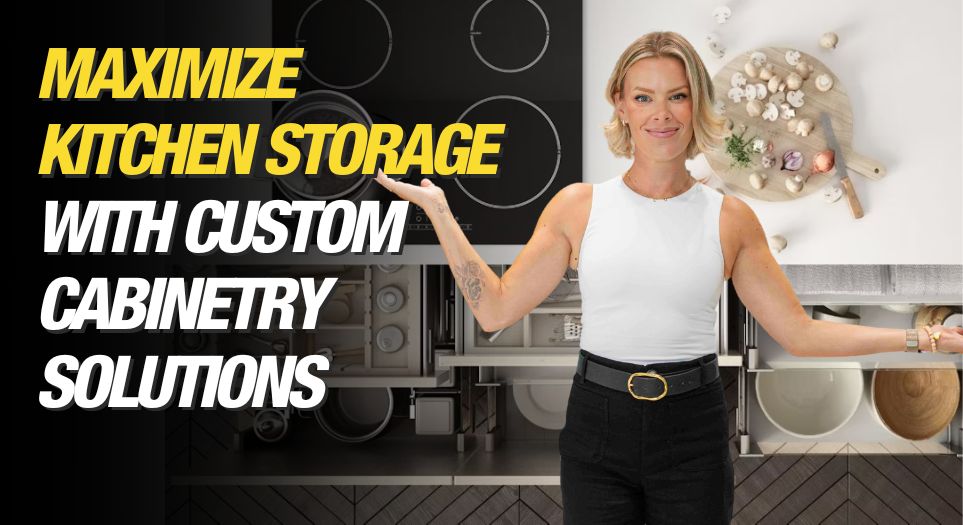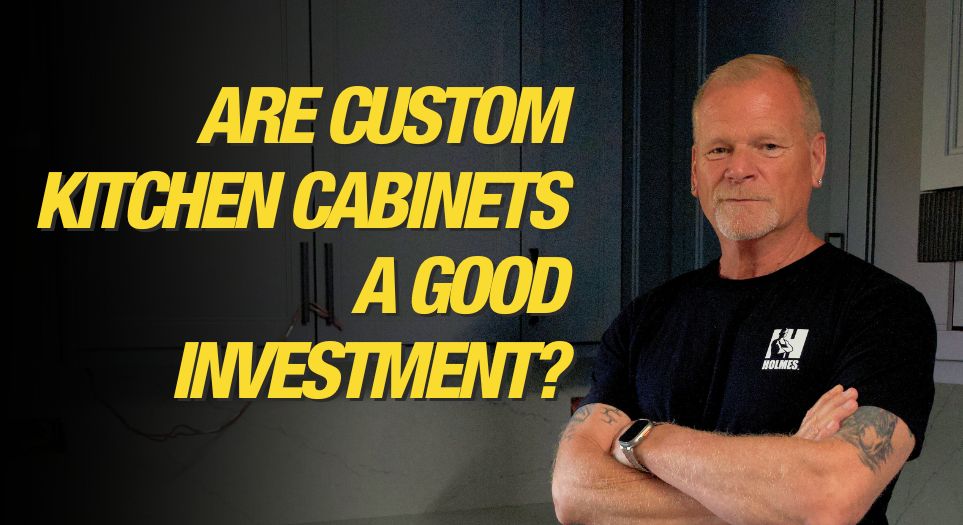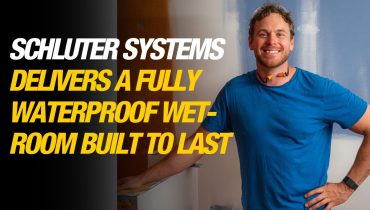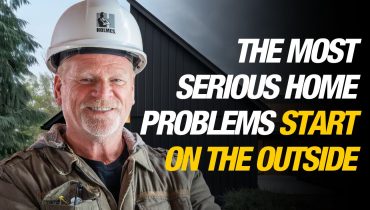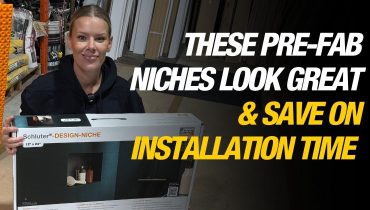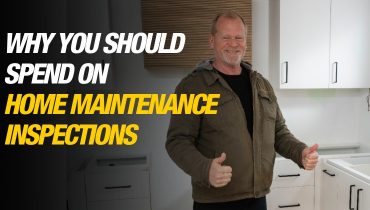When Lisa Marie and I started planning our new primary bathroom, we agreed on one thing right away. We had to use Schluter Systems to ensure the wet-room bathroom waterproofing...
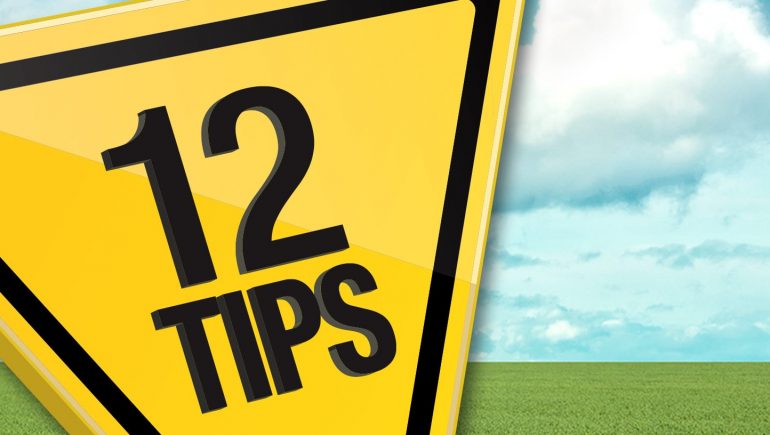
12 Safe & Healthy Home Tips
By Mike Holmes
Mike’s Advice / Kitchen Renovation
Wednesday, April 18th, 2018 @ 5:00pm
Change Your Furnace Filters.
On average, there are 2-5 times more pollutants inside your home than outside. Certain furnace filters capture more pollutants than others. For example, Filtrete’s Ultimate Allergen Reduction Filters can help capture up to 93 percent of large airborne particles. That includes dust, pollen, mould spores and dust mite debris. They can also pick up to 4 times more microscopic particles, such as smoke, smog, pet dander and particles that carry bacteria and viruses. Remember to replace furnace filters at least once every 3 months, once a month during the winter and summer, and once every 2 weeks when renovating.
Watch Out For Leaks.
It’s important to fix any leaks in your home. They are a key contributor to mould growth. Check faucets, dishwashers, washing machines, toilets and basement drains near the sump pump. If you see mould clean it with a solution of soap and water, because it can lead to respiratory issues and poor air quality in your home.
Be Prepared For Fire!
Keep fire extinguishers handy around the house. Keep them in at-risk areas in your home, including the kitchen, basement and bedrooms. Make sure your family knows how to use them and remember to check their expiration dates. If they’ve expired, they should be replaced.
Check For Radon.
Radon is a radioactive gas that occurs naturally when uranium in soil and rock starts to break down. When this gas accumulates in a home it can be very dangerous, as radon is the second leading cause of lung cancer. The only way to know for sure if your home has dangerous levels of radon is to test for it. A short-term radon test kit can indicate if your home has a radon problem. Test in the lowest lived-in level of your home. If it tests positive for radon you should consider getting your home tested for radon by professional, such as a trained home inspector.
Check Smoke Alarms & Co Detectors.
Protect your family from these silent killers. Smoke alarms and carbon monoxide detectors should be installed on every floor of your home. Change the batteries every 6 months and replace detectors every 10 years. Older homes often have outdated devices, which should be replaced. Make sure to test alarms every month by pushing the test button. If you’re not sure if your detectors are working properly replace them with new ones. It’s better to be safe than sorry.
Keep On Top Of Maintenance.
All homes require maintenance – even new ones. What homeowners often brush off as minor issues – like cracks in the foundation and plumbing leaks – can often lead to bigger problems, like deterioration and wood rot, or unhealthy living conditions due to insufficient moisture control and mould. Taking care of small repairs as they show up avoids bigger problems, which can save you time and money.
Avoid Scalding.
The safest setting for residential hot water heaters is 48 to 49 degrees Celsius, or 120 degrees Fahrenheit.Set water heaters below this temperature to avoid potential scalding. Also consider adding anti-scald devices, such as valves, special showerheads or faucets with LED lighting that indicate when hot water is running.
Correct Dangerous Electrical.
Check all heat sources in your home, including space heaters. Make sure they’re safe and working properly. And remember to unplug appliances when they’re not being used. Overloaded wiring or plugging too many appliances into a single receptacle can cause electrical sparks that can lead to fires. If you smell or see any signs of burning near an outlet, remove anything that is plugged in. Then hire a licensed electrician to repair it immediately.
CLEAN UP GREASE.
Over time, grease can build up around the stove, which can lead to a kitchen fire! Protect your home and your family. Clean stove grates and burners regularly with soap and water.
Consider Water Filteration.
Help your family drink cleaner better tasting water. If you’re worried about lead, VOCs or pharmaceuticals in your water, install an under-sink high performance drinking water system. It’s good for you, the environment and it helps you save money on bottled water costs.
Test For Lead Paint.
If your home was built before 1978 it could contain lead-based paint. It would be a good idea to have the paint in and around your home tested for lead. You can purchase a test kit at most paint stores. If your home’s paint contains lead do not disturb it. Lead-based paint chips can stay in dust and soil around the home. For that same reason lead-based paint shouldn’t be sanded or burned off. Instead, it should be primed, painted and sealed (when possible) by a pro and always choose lead-free alternatives.
Contact Asbestos Professionals.
Some home insulation products made before 1990 can contain vermiculite, which contains asbestos. Asbestos is extremely dangerous when it’s disturbed. If you think your insulation has asbestos do not disturb it. Leave it alone. Instead, contact a certified asbestos contractor who has plenty of experience removing or replacing insulation that contains asbestos safely.
